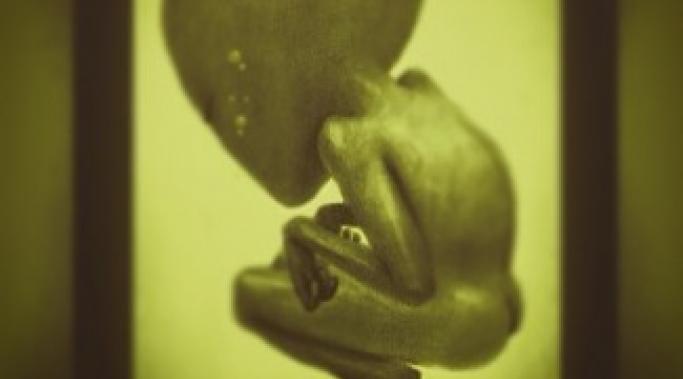I’ve been thinking about what makes a good borderline personality disorder (BPD) therapist lately. I feel very fortunate for the relationship I’ve built with my therapist while recovering from borderline personality disorder. Therapy hasn’t always been easy, but I’ve been fortunate to be paired up with some really wonderful therapists over the years. Something I've learned is this: not all therapists are equally equipped to work with BPD. Today, I have one of the healthiest, and most fun and dynamic relationships with my therapist I've ever had. I’ve been thinking: what traits does an effective borderline personality disorder therapist possess? What qualities set one BPD therapist apart from another?
Borderline Treatment
The dialectical behavior therapy (DBT) skill of mindfulness helps people with borderline personality disorder (BPD) practice radical acceptance of reality. Learning to tolerate life, exactly as it is in this moment, is a difficult struggle for any sufferer of BPD. At its core, BPD is fundamentally an attempt to escape intense pain and frantic efforts to avoid real or imagined fears of abandonment. We get ourselves into trouble trying to run away from reality and the uncomfortable feelings associated with living in reality. The DBT skill of mindfulness and radical acceptance work together to help me accept reality.
Coping with a new borderline diagnosis can be challenging. Here's a step-by-step guide on how to accept your borderline diagnosis and start healing.
Coping skills for borderlines experiencing extreme emotions are critical to develop. Highly intense, emotional reactions are one of the dominant features of borderline personality disorder (BPD). How can we return to ourselves when we're caught in an emotional whirlwind? What coping skills can be we learn for dealing with extreme emotions?
It’s okay -- and sometimes necessary -- to set functional boundaries with people suffering from borderline personality disorder (BPD). Read about setting boundaries with borderline personality disorder sufferers (Setting Functional Boundaries).
It's important to soothe your inner child in borderline personality disorder. When your inner child asks for something, do you listen? If not, it might be time to start paying attention, even if that means indulging in so-called "childish" things.
For me, the most helpful framework in understanding borderline personality disorder (BPD) comes out of schema therapy, a borderline personality disorder treatment, which includes a concept known as schema modes. The easiest way to understand schema modes is to think of them as personalities. Different personalities take over to protect the borderline when she is hurt or threatened in some way. Schema modes in borderline personality disorder are a form of maladaptive coping that the person learned in response to childhood trauma, and schema therapy is designed to address these modes.
I'll be honest--normally I hate celebrity "news." But one story recently provoked a lot of strong feelings--Amanda Bynes was tricked into going into a mental health facility. It raises a question: Should parents ever deceive their child to get them psychiatric help?
I spent nine months on the borderline personality disorder (BPD) unit at Larue Carter Memorial Hospital in Indianapolis. At the time, it was the only inpatient unit specializing in schema therapy for BPD in the country. Recently I learned that this unit, which changed and probably saved my life, is now closed. It made me think about what happens to patients when psychiatric hospitals close--it rarely ends well.
I recently read an article about a new class of mental health professionals in Kentucky--licensed pastoral counselors. Due to my negative experience with Christian counseling, I am hesitant, but cautiously optimistic. I can understand both sides of the argument, but here's why I think it's a good idea.









